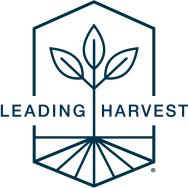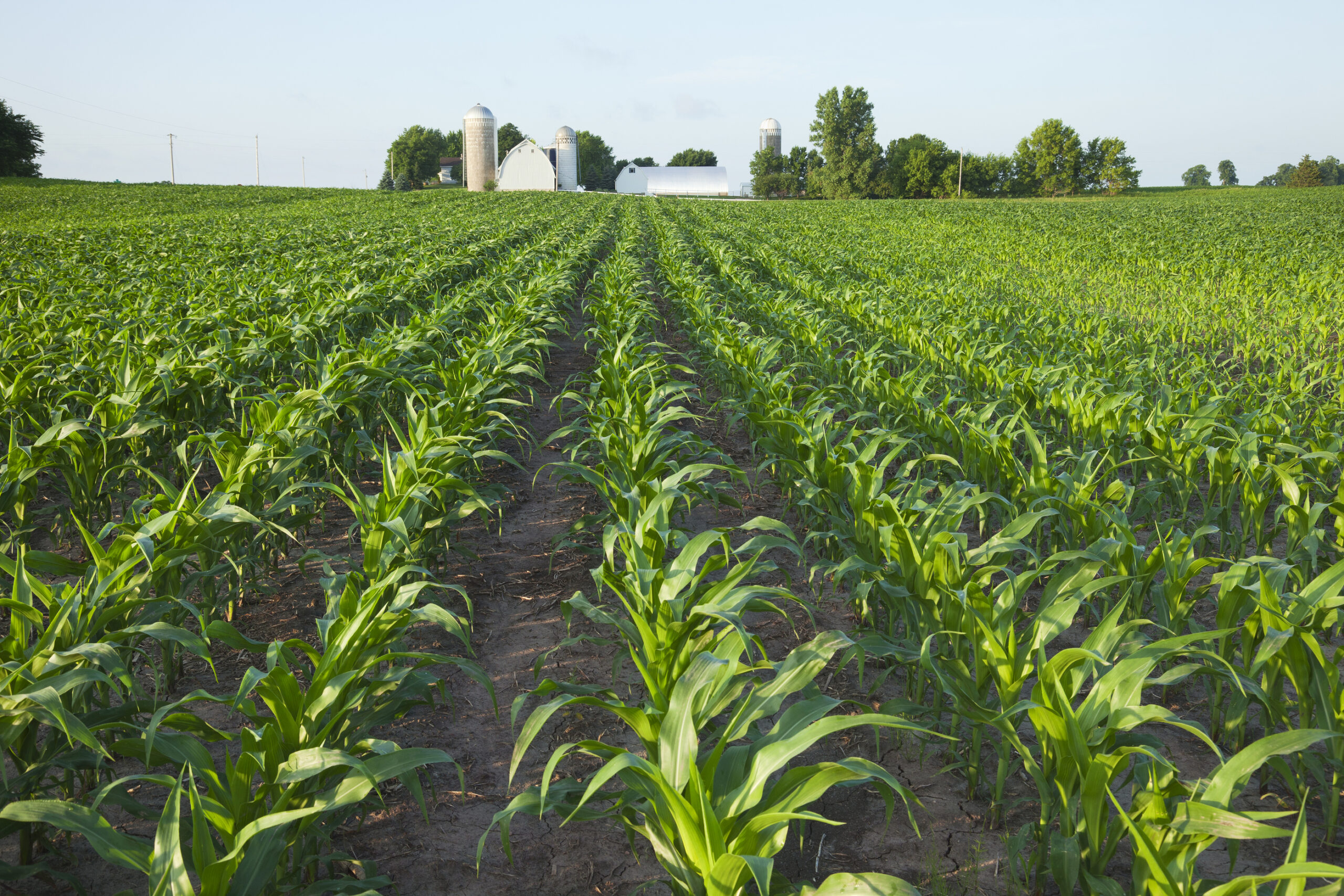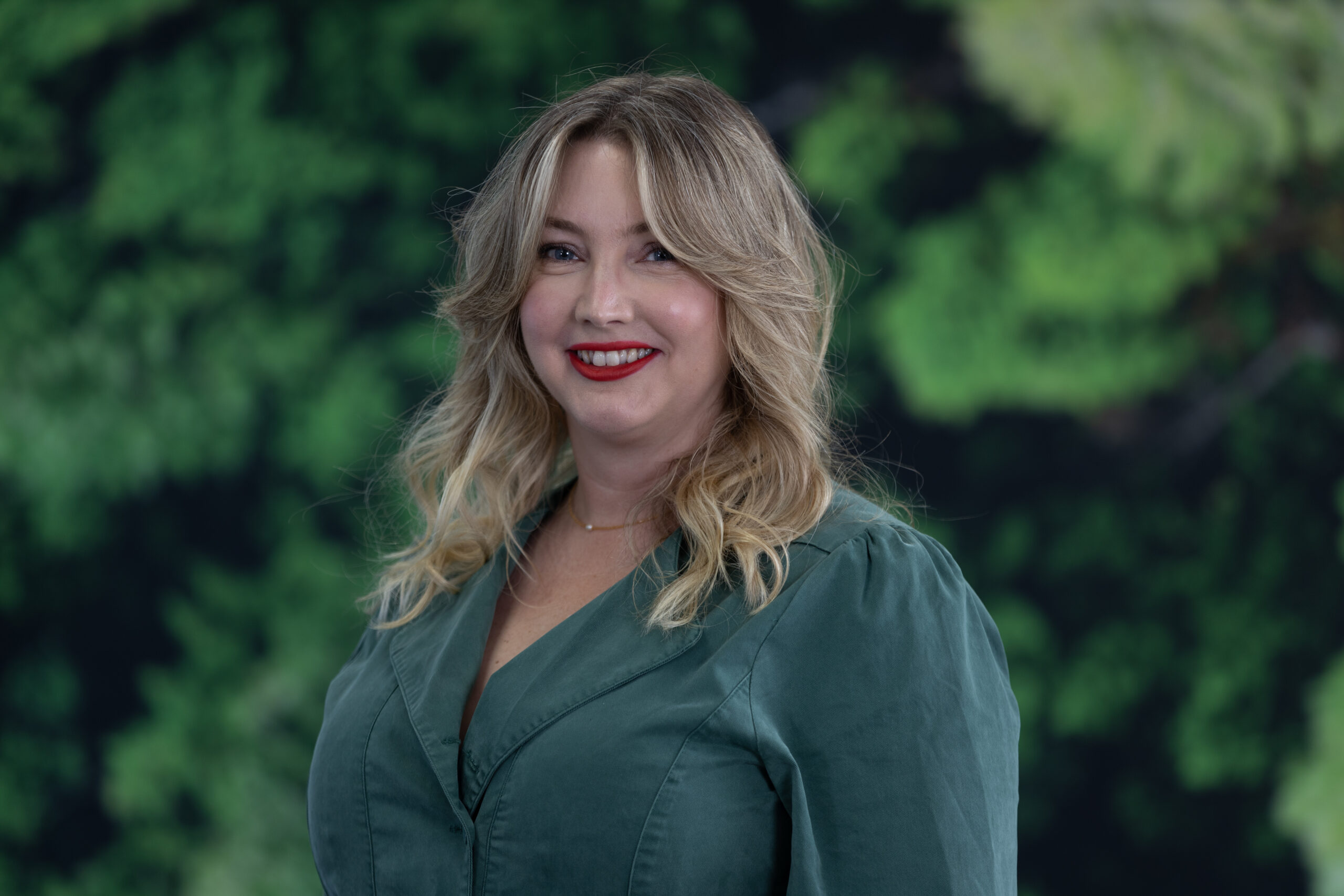Unlocking Opportunities for a 50-year-old Agriculture Business
Countless groups are working to address environmental issues in agriculture, but not many of them include landowners.
“There are a lot of people that mean well, and there are a lot of people that want to do great things,” says Steve Bruere, President of Peoples Company, an Iowa-based farmland transaction and management platform. “But what I’ve found is a lot of them don’t own any land or don’t have the opportunity to really influence any land.”
Landowner engagement is critical to scaling agricultural sustainability, according to Bruere. Almost 60% of farmland in Iowa is rented. It is difficult to think long-term about sustainability when many farmers are working with one-year leases.
“Without the landowner engaged, you’re not going to create any meaningful scale in terms of solving these issues,” says Bruere. “If you can bring together a group of landowners that have capital and they’re willing to put sustainability standards into their management practices and then to their lease, you can actually start to move the needle and do things at scale.”
Bruere was a part of the original working group—a broad coalition of national and local stakeholders including farmers, landowners, investment managers, and sustainability experts—that helped to formulate the Leading Harvest Farmland Management Standard, which launched in 2020. As a lifelong family farmer who has spent decades working in farmland management, this was an opportunity for Bruere to ensure that a sustainability standard can work for the farmers, “the guys that are actually day-to-day in the dirt.”
“Leading Harvest was the first movement I saw that was landowner-driven,” says Bruere. “This was a group of landowners that wanted to tackle this sustainability issue and tackle it in a way that was scalable.”
Peoples Company certified 100% of its acreage to the Leading Harvest Farmland Management Standard in 2021. Bruere says that adopting the framework has enabled Peoples Company to take a broader perspective on its sustainability initiatives, align internal management systems, identify efficiencies, embrace a continuous improvement mindset, and position itself as a leader in the sector.
A wider perspective
Researchers report that more than 40% of consumers factor in sustainability when purchasing food, and sustainability-marketed products have grown more than 30% in the past five years alone. Sustainability will soon become a requirement for farmers to access markets, according to Bruere.
“Ultimately, it’s about preparing yourself for the future to align your farming enterprise with the supply chain and with the consumer demand,” says Bruere. “We wanted to position ourselves on the front end of a movement.”
The Leading Harvest Farmland Management Standard has 13 core principles that cover a broad spectrum of sustainability, from environmental concerns like the conservation of biodiversity and soil health to social factors like employees and farm labor, protection of special sites, and local communities.
Peoples Company has been addressing many of these principles for decades, says Bruere, and certification provides third-party validation of their good work. This is important to communicate and build trust with both clients and landowners that Peoples Company is following through with their commitments on the ground.
“People want to know when you’re raising capital, your approach to sustainability. We’ve clearly got an approach now that we can share with people and share that it’s audited,” says Bruere.
The certification process has also helped the company shift its perspective on how land management impacts local ecosystems, communities, and more, says Mollie Aronowitz, Land Manager at Peoples Company.
“Peoples Company has always been very good at the ‘E’ in ESG with soil health top of mind. Leading Harvest has helped us better communicate focus on how our managed asset sits in (and interacts with) the larger landscape,” says Aronowitz.
For example, with the Leading Harvest framework, Peoples Company builds and reports on management practices within the context of each farm’s natural resources, including the local watershed, plant diversity, and habitat as well as the geological and cultural significance of the land. Understanding the bigger picture helps the team better interact and work with the local community, vendors, contractors, and farmers, says Aronowitz.
A management shift
The Leading Harvest Farmland Management Standard is outcomes-based, meaning that indicators focus on management systems that can achieve a desired outcome, rather than a checklist of practices. Farmland managers are free to determine their pathway to meet the Standard’s objectives, depending on their specific property, crop, and community needs.
“This isn’t cookie-cutter, check-the-box work,” says Aronowitz.
This has allowed Peoples Company to adopt one standard of sustainability across the entirety of its portfolio, which is comprised of properties in all regions of the United States, widely ranging in size and crop type. The company built its approach to meeting the Standard into its core business practices, creating uniformity in how farmland managers think about managing farms.
This uniformity has produced efficiencies in collecting, sharing, and analyzing data across the business. For example, Peoples Company has introduced more digital tools to business workflows and created reporting templates to streamline the auditing process.
“This is a heavy relationship business, where the important work is completed standing out in the middle of a farm field, leaning against a farmer’s truck,” says Aronowitz. “Improving documentation systems increases manager efficiencies—and at the end of the day, a great risk management tool for the company.”
This shift in management has even shaped Peoples Company’s approach to selling assets.
“The ability to have something you’re striving to meet and to create business workflows around that…when we go to sell a farm now that we’re managing, you’ve got that history of how you’ve met the standard. That changes your approach to thinking about how you sell a farm,” says Bruere.
A forward-thinking mindset
In addition to producing efficiencies within the business, collecting farmland data at scale has fueled a culture of continuous improvement for Peoples Company.
“Having a continuous improvement mindset has been freeing for our management team…we benchmark farms and then set an improvement plan. Managers who have the flexibility to edit that plan over time are better equipped to do what is best for the land, landowner, and farmer,” says Aronowitz.
Continuous improvement is the 12th principle of the Leading Harvest Farmland Management Standard. To maintain certification, farmland managers must identify areas for improvement each year, track and check progress, and adjust goals when appropriate.
“This is where true regen work will be done—not the rigid systems of federal programs,” says Aronowitz.
With a systematic framework for meeting a broad range of outcomes, Peoples Company’s leadership team can step back, recognize where the company at large is exceeding targets, and focus on opportunities for progress.
“Leading Harvest has helped us systematically tackle our ESG philosophy, processes, and strategies across the full portfolio,” says Aronowitz.
Leading the sector
Certification to the Leading Harvest Standard has been an important tool for Peoples Company to demonstrate its leadership in U.S. agricultural sustainability.
“When we’re trying to earn new business, we can talk about why we chose Leading Harvest and why that’s part of our process and our value proposition,” says Bruere.
And Peoples Company has found other ways to leverage its certification—not only validating outcomes to earn new business but also collaborating with other Leading Harvest members, accessing a wider marketplace, engaging with supply chain companies, and commanding a premium on farm sales.
For Bruere, certification to the Leading Harvest Standard gives Peoples Company confidence that the company is in line with industry peers who are also committed to sustainability and continuous improvement in agriculture.
“There are a lot of acres and a lot of participants that are going to make the Standard better over time and in the future,” says Bruere. “To be a part of that, to not have to wonder, are we doing all the right things? Being part of that is a huge deal.”





